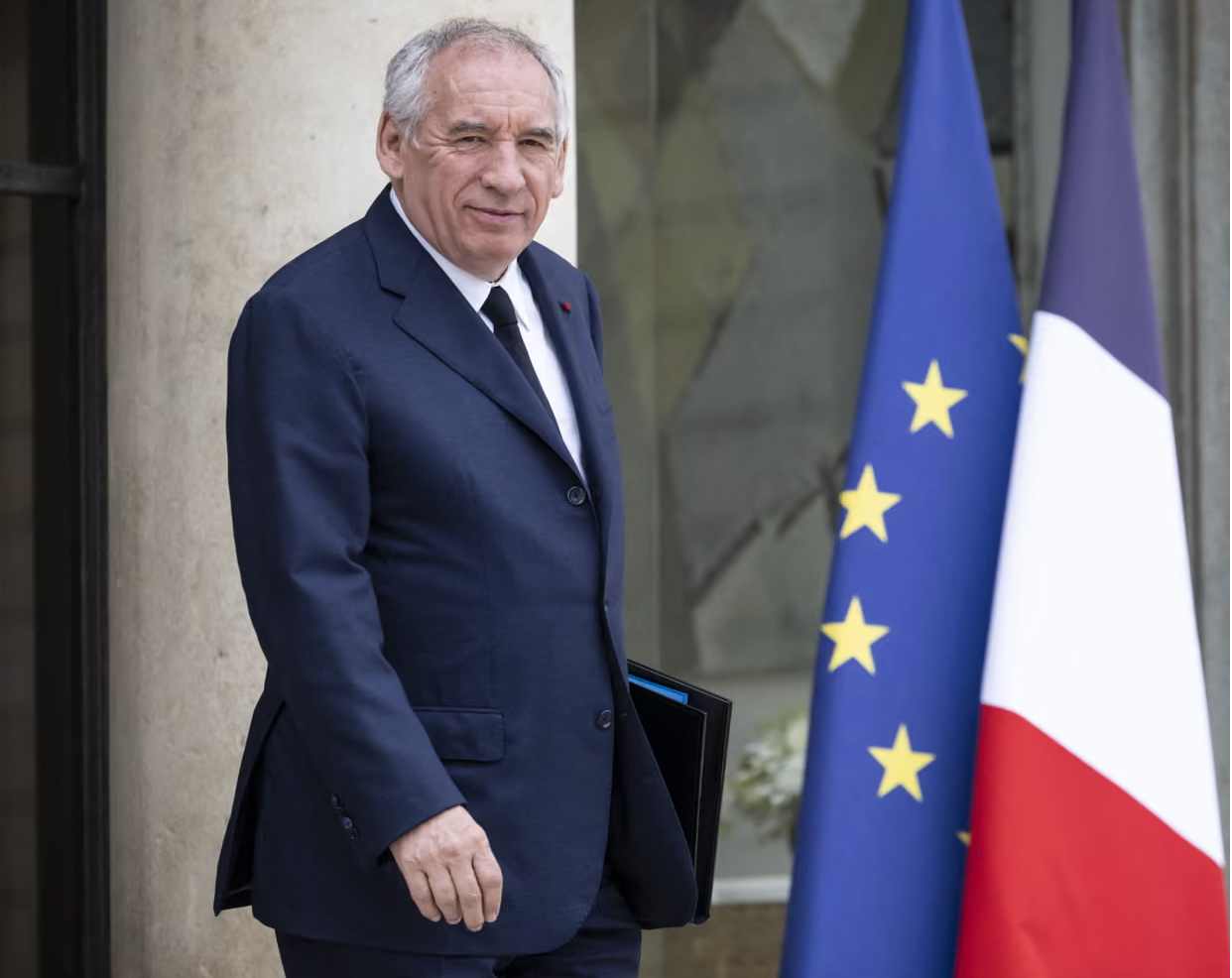
The 15% Trump rate means that European exporters will face more than triple the average rate of 4.8% currently in force
French Prime Minister François Bayrou said the EU capitulated the threats of Donald Trump of increasingly larger tariffs by labeling the scot agreement on Sunday as a “dark day” for the EU.
“It’s a dark day when a covenant of free peoples, gathered to affirm their common values and defend their common interests, resigns itself to submission,” Bayrou wrote at X on Monday.
German Chancellor Friedrich Merz, and Italian Prime Minister Giorgia Meloni greeted the agreement that European Commerce Commissioner Marošefčovič described on Monday as a “advancement” in the face of a potential ruinous trade war among the two largest economies in the world.
The deal will impose 15% rates on almost all European exports to the US, including cars, around the 4.8% current tariff currently, but will avoid the threat of 30% punitive import rates imposed within August 1 of Trump for an agreement.
Emmanuel Macron’s high-level French criticism since the agreement was signed between Trump and European Commission chairman Ursula von der Leyen show possible divisions while Brussels seek to obtain approval for Member States agreement.
Merz praised the agreement, which was closed in a ballroom at Trump’s golf resort in Scotland, saying that he avoided “unnecessary climbing in transatlantic trade relations” and avoided a potentially harmful trade war.
Meloni welcomed the agreement, saying that he avoided “potentially devastating” consequences.
Speaking of a summit in Ethiopia, she said that a “commercial climbing between Europe and the US would have unpredictable and potentially devastating consequences,” adding that Rome would have to “study the details” of the agreement.
European market markets reached the maximum in four months at the beginning of Monday’s trading session, amid relief by the agreement signed. Germany DAX rose 0.86% and France’s CAC 40 index rose 1.1%, raising the Pan-European Stoxx 600 index to its highest level since late March.
The demonstration failed after France, considered the Copilot of the EU project along with Germany, made clear its disapproval.
“This state of affairs is not satisfactory and cannot be sustained,” said French minister of European affairs, Benjamin Haddad, in the X, installing the EU activating his “antiquement instrument”, which would allow non -tariff retaliation.
French Minister of Commerce, Laurent Saint-Martin, criticized the conduct of the EU negotiations, saying that the bloc should not have abstained from retaliah, in what he described as a struggle for Trump’s power.
“Donald Trump only understands strength,” he told France Inter. “It would have been better to answer showing our retaliation ability earlier. And the deal could probably have been different.”
The euro fell almost 1% over the US dollar, falling a penny to 1.163.
New details of the agreement have emerged, with high employees saying that the 15% rate on EU exports would apply to 70% of products sold to the US.
Zero rates will be applied to EU exports in important sectors, including aircraft parts, some chemicals, semiconductor equipment and some agricultural products, such as cork used in wine bottles and floors.
The EU pharmaceutical sector will not face more than 15% rates according to the closed agreement with Trump, authorities said.
High EU employees have revealed that EU pharmaceutical exports will remain tax -free until Trump completes their National Security Investigation of Section 232 on pharmaceuticals.
Even though he decides to impose rates on future pharmaceutical products, EU authorities have obtained from Trump the commitment that they will be fixed at a maximum level of 15% when dealing with EU products.
He started his negotiations on Sunday demanding that the EU will pay 30% rates on exports to the US, followed by 21% and finally reached a 15% agreement in negotiations that were described as “very intense,” as revealed.
The parallel agreement will be a great relief to Belgium, Germany, Denmark and Ireland, who have strong pharmaceutical sectors and were considering potential rates up to 200% next year, according to Trump.
More details of the deal came on Monday, but tariffs on important sectors such as steel, wine and distilled drinks will now be detailed negotiation.
Steel tariffs will remain at 50% until a new quota -centered agreement is closed, authorities said.
“The US needs a lot of our highly specialized steel,” said šefčovic on Monday.
EU authorities have said agricultural barriers are still firmly applied to US food imports, as well as a list of tax -free products that will be finalized in the coming days and will include some EU -produced products such as nuts, some processed fish, dairy products and pet foods.
Wines and distillates are still at the negotiation table, and EU officials expect the list of products that will have zero rate in the US will be expanded in the coming weeks.
Technically, the European Commission has a mandate to proceed with the agreement, but sought consensual support from the Member States over the past four months and it is not expected to change.
A joint statement “relatively light” is expected to be disclosed before, or on Friday, followed by executive orders issued by Trump.
This will give legal status to 15% rates immediately in the US, but the EU’s tariff set will not come into force until legal instruments are signed, which may take more than a week.
German bank Berenberg said the deal ended the “paralyzing uncertainty,” but said it was a victory for Trump.
“It’s great to have an agreement. In two important aspects, however, the result remains much worse than the situation before Trump began his new round of commercial wars earlier this year,” said Holger Schmian, Berenberg’s chief economist.
“US additional tariffs will harm both the US and EU. For Europe, the damage is mainly frontal,” Schmian said in a statement to customers on Monday morning.
“The agreement is asymmetrical. The US has achieved a substantial increase in its EU import tariffs and, in addition, ensured new EU concessions. In its apparent zero -sum mentality, Trump can claim that this is a ‘victory’ to him,” added Schmian.
The Italian bank Unicredit also said Trump got the best in the EU. “Is this a good deal for the EU? Probably not. The result is strongly asymmetrical and leaves American tariffs on EU imported products at much higher levels than EU tariffs on US imports,” Unicredit said in a statement to customers.
Originally published by The Guardian on 07/28/2025
By Lisa O’Carroll in Brussels
Source: https://www.ocafezinho.com/2025/07/28/acordo-comercial-eua-ue-e-um-dia-sombrio-para-a-europa-diz-primeiro-ministro-frances/

